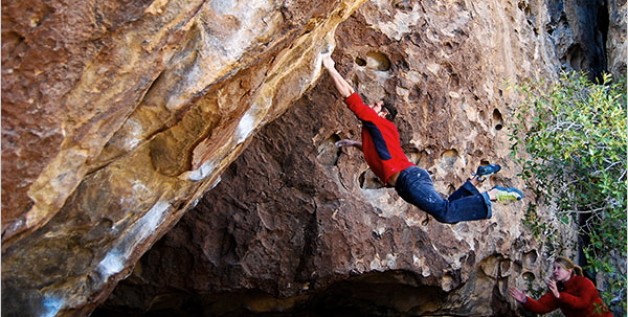When converts come to the faith, it is a joy to see their excitement and love for the Lord. Of course, the first few months or years are usually filled with great zeal, but there can be a drop in fervor as the years go by. Sometimes, discouragement sets in. There seem to be no great spiritual advances beyond the initial conversion, and the question arises, “If there are so many faithful and practicing Christians, why haven’t more of them achieved spiritual and moral perfection?”
St. Thomas Aquinas gives one answer to this question in the Second Part of his Summa Theologiae, where he explains how the complexity of man makes his salvation a lifelong process.
To see how this is true, we need to look at something simpler than a human being, like a stone. All things considered, a stone is not the most dynamic thing in the universe. If we were asked to describe what a stone does, our answer would probably be, “Not much; it just stays in one place, sitting on the ground with other stones.” In Aristotelian terms, we could say that a stone is in potency to one thing, which is to fall down to the earth’s center. In doing this, a stone acts according to its nature, its natural form. There is little room for “improvement” here.
Whereas a stone’s simplicity makes its activity straightforward and easy, the life of a human being is anything but simple. St. Thomas explains that, unlike stones, human beings are composed of many parts: intellect, will, appetites, and passions. While a stone’s one act is just to be a stone, there are many activities that a human being engages in, and they must all be ordered together harmoniously to produce healthy and normal action that leads to the perfection of man’s nature.
The complexity of all of these parts makes unified action in a human being all the more difficult. From break dancing to philosophizing, from cow-tipping to urban rioting, we engage in a variety of actions, some in accord with, and some contrary to, our nature. Thanks be to God, the grace given by the Holy Spirit can reorder our passions and powers in a way that befits and perfects our human nature. This leads us toward our ultimate end: salvation and the vision of God.
This harmonious reordering, however, does not occur all at once, or even over a short period of time. When God offers his grace to us, there is often resistance on our part, which usually arises from the same disordered passions God is trying to fix. In the Incarnation, the Son of God took on the entirety of human nature, in all of its complexity. He did this because he wanted to redeem all of our nature, not just part of us. In this way, everything that makes us human is elevated and, through grace, participates in some way in God’s divinity. Since this is a transformation of our very nature in all of its parts, it is no wonder that sanctification is something that concerns our entire life; it is no wonder that it usually requires a great deal of time. A stone needs very little to be perfect, but it’s not a stone that God is trying to save.
✠
Image: Bouldering in Hueco Tanks, Texas







